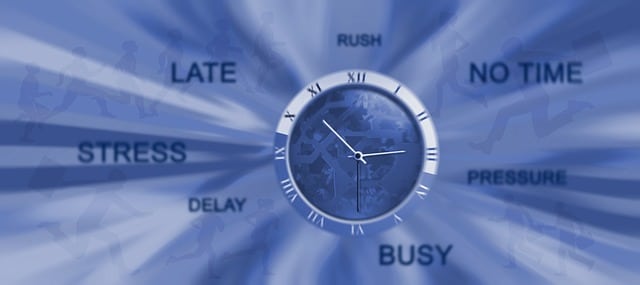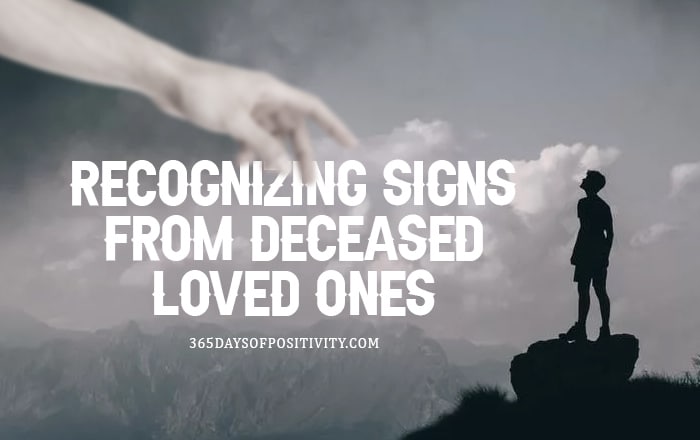Everyone knows that you should never save work until the last minute, but are they right? Bill Clinton, Former President of the United States, would disagree. He was known for writing his speeches at the last minute, and he still managed to deliver powerful speeches and effectively lead the country.
Procrastination is prevalent throughout academic institutions across the world and is widely frowned upon. However, many of these critics conflate active and passive procrastination, that is, avoiding a task by doing another task and avoiding a task without doing something productive in its place. While passive procrastination is a detrimental behavior, active procrastination is overwhelmingly positive and could be beneficial to your life.

Traditional American ideas of the industry suggest that we should slowly do our work over time rather than right before its due, but this view is outdated and impractical. Through active procrastination, you can improve your health and decision-making ability.
Firstly, it is important to address issues with procrastination. Leaving a 10-page research paper until the night before it is due is obviously not the brightest idea, and I don’t recommend it. Not to mention, numerous studies argue that this practice leads to elevated stress levels and worse mental health. However, this behavior is mostly associated with passive procrastination.
Passive procrastination
Passive procrastination is avoiding a task by doing an unproductive activity instead, such as watching TV. However, active procrastination is completely different from passive procrastination. Active procrastination simply puts off doing a big task by doing other productive behavior to replace it. A prominent example of this is Leonardo Da Vinci. Da Vinci would often start tasks and save them for later, working on other tasks instead. This led to some of the most famous art on the planet, including the Mona Lisa and the Vitruvian Man.
Active procrastination
Unlike passive procrastination, active procrastination often leads to high-quality work, often better quality than a non-procrastinator. The negative effects of procrastination are the result of passive procrastination, but active procrastination is free from these issues and can lead to better results than not procrastinating at all.
Active procrastination comes with numerous health and personal benefits. Researches from the Columbia University have found that active procrastinators were not paralyzed by worry, had lower stress levels, exhibited less avoidant tendencies, and had healthier self-efficacy. Active procrastination led to people living happier and healthier lives. Additionally, there are personal benefits associated with active procrastination.
For instance, many studies have shown that procrastinating leads to better apologies. Apologizing immediately after you do something wrong is often ineffective because neither you nor the offended party has had time to process the incident. If you wait six hours to apologize, there is more time to reflect on what happened, and the emotions experienced will have subsided. In other words, active procrastination can lead to improvements in a person’s mental health and personal life.

By delaying big tasks, our minds naturally push the work that needs to be done into our subconscious. This allows the idea to sit in the background while we think of other things, leading to creative solutions that we would not have thought of otherwise. This method has worked for me personally and is how I managed to find a solution for my research paper in AP Capstone last year. Additionally, by delaying the task, we have more time to think if it is even necessary in the first place. By finishing other responsibilities first, we can realize that the task we were putting off either is not valuable to us or will not be useful to us. Procrastinating big decisions can lead to better outcomes than making them immediately.
Active procrastination leads to better health and decision-making and can enrich your life if you choose to adopt it. Active procrastination can reduce the amount of stress in your life, improve your personal life with more effective apologies, give you more time to think about a decision and develop creative solutions to complex problems.
Conclusion
With these benefits, it should be a no-brainer to adopt active procrastination into your daily life. Countless historical figures and more and more Americans have incorporated active procrastination into their lives, will you?





